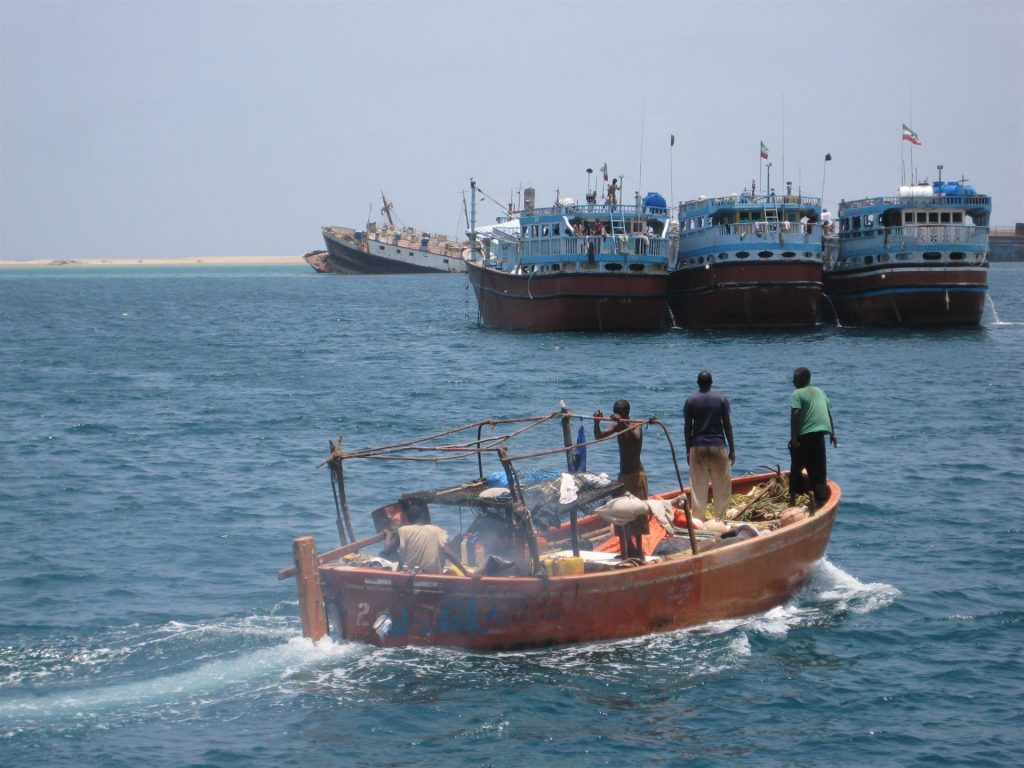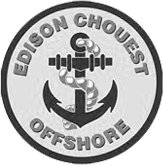Offshore Accidents
Over $1 Billion RECOVERED For Maritime Accident Victims
Maritime Piracy Lawyers
Maritime piracy, according to the United Nations Convention on the Law of the Sea (UNCLOS) of 1982, is a criminal act of violence, detention, or devastation for private ends by crew or passengers of a private ship or aircraft on the high seas against another ship or aircraft (or its contents).

Maritime piracy has gone on for hundreds of years. But until recently, with higher-profile attacks, these crimes have drawn limited international attention. Now, the United Nations has passed four anti-piracy resolutions and many countries have deployed their own navies to counter piracy. In 2009, maritime piracy reached its highest level in the recorded history of pirate attacks. Of the 49 successful hijackings in 2008, 42 occurred off the Somali Coast.
The maritime pirate attacks have gotten more dangerous and more deadly. The use of guns and other weapons has increased significantly. Piracy attacks in 2009 were nearly double what they were in 2008, and pirates successfully hijacked four ships in a week at the beginning of 2010.
Schechter, Shaffer & Harris, L.L.P. has handled cases in the realm of maritime piracy before. A former client was working as an OIM on an offshore drilling rig off of the coast of Nigeria when the rig’s prior employees (local Nigerians) came back on board and held him hostage for a ransom. Our maritime piracy lawyers were successful under a theory of lack of security on the rig and settled the man’s claims for seven figures.
Pirate attacks generally take place in:
- The Gulf of Aden, near Somalia and the southern entrance to the Red Sea – over half of the world’s maritime pirate attacks occur here.
- The Gulf of Guinea, near Nigeria and the Niger River delta – more commonly robberies and more likely to include violence against the crew.
- The Malacca Strait between Indonesia and Malaysia – its thousands of islets provide the perfect places for pirates to hide.
- The Indian subcontinent, particularly between India and Sri Lanka – formerly even known as “The Pirate Coast”.
The cost of Maritime Piracy
The increased costs associated with maritime piracy incidents are hard to gauge. However, they certainly include increased insurance premiums and freight rates. There are also the costs of rerouting ships and the cost of ransoms that have to be paid out to free crewmembers. While international maritime law make it difficult to prosecute pirates once they are caught, taking action against a maritime employer for its failure to follow reasonable safety protocols is possible.
Fighting Against Maritime Piracy
There are a range of measures available to combat piracy including from onboard defense systems, naval deployments, and preemptive strikes. Many experts have suggested reducing global shipping. Most current tactics are defensive, and don’t deal with the political and social instability that fosters maritime piracy. Defensive mechanisms focus on a symptom of the unrest in these countries, and do not attack the causes themselves, therefore many say they are simply short-term fixes.
Some of the more possible options are:
- Onboard deterrents such as fire hoses, security alert systems, deck patrols, electric screens, and excessively loud speaker systems. The most common deterrent is private marine security guards onboard, but their success is lackluster at best so far.
- Naval deployments from over a dozen countries, including the United States. These countries have sent warships to the Gulf of Aden to deter pirates. There were also two multinational anti-piracy patrols in the area: the European Union’s military operation, called EU NAVFOR, which began in December 2008; and a multinational contingent, known as Combined Task Force 150. The United States has its own task force, CTF-151.
- Regional anti-piracy patrols in East Africa and the Middle East.
- Establishing a Somali coast guard run by the United Nations and funded by the shipping industry.
If you have been injured or someone you love has been killed during a maritime pirate attack aboard a by a U.S.-flagged vessel or a vessel otherwise associated with an American company in some way, you may have grounds for compensation under the Jones Act. Contact the experienced Maritime Piracy Lawyers of Schechter, Shaffer & Harris, L.L.P. to find out how to pursue your claims by email at info@smslegal.com or by phone at (800) 8365830.
Companies We’ve Taken On And Won
Featured In:
News Outlets and Professional Awards

Free Case Evaluation
No Obligation, In-Depth Case Review












